Optimal Timing for Foundation Repairs
Foundation repairs are most effectively performed during specific times of the year when environmental conditions are optimal. The ideal period typically falls during milder weather, avoiding extreme cold or heat, which can affect materials and curing times. Conducting repairs in temperate seasons ensures better adhesion of repair materials and reduces the risk of complications caused by moisture or temperature fluctuations.
Spring and fall offer moderate temperatures and stable moisture levels, making them suitable for foundation repairs. These seasons help ensure materials cure properly and reduce the likelihood of delays.
Performing repairs during periods of extreme cold or heat can compromise the integrity of materials and prolong curing times. Cold weather can cause concrete to freeze, while excessive heat can lead to rapid drying and cracking.
Soil moisture levels influence foundation stability. Repairs should be scheduled when soil is neither too dry nor too saturated, typically in dry or moderately moist conditions, which are common in spring and fall.
Many contractors prefer spring and fall for foundation work due to favorable weather, leading to better scheduling and reduced project delays.
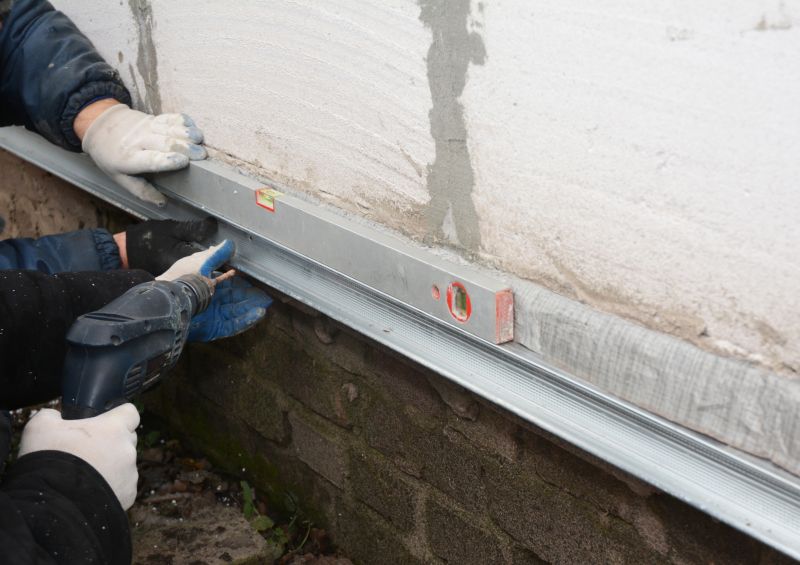
Spring offers optimal conditions for foundation repairs with moderate temperatures and manageable moisture levels.
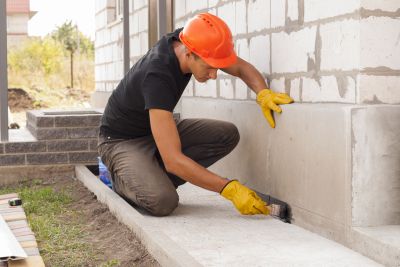
Fall provides cooler weather and stable soil conditions, ideal for effective foundation work.
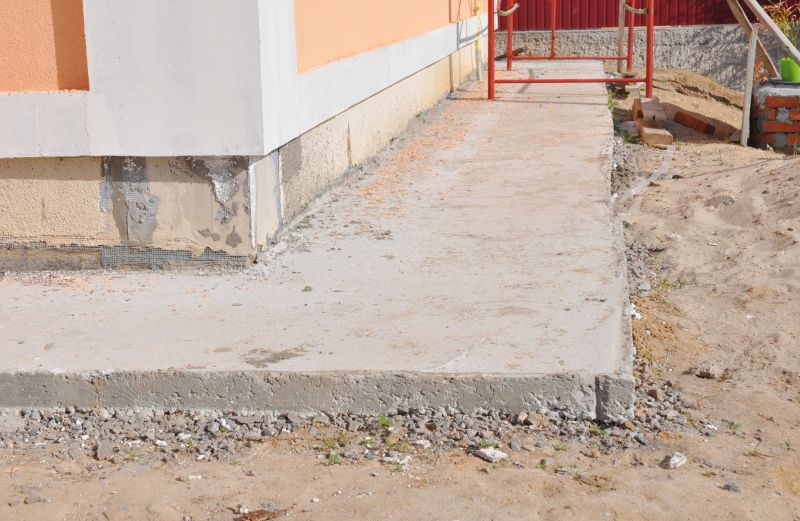
Optimal weather minimizes delays and enhances material curing during foundation repairs.
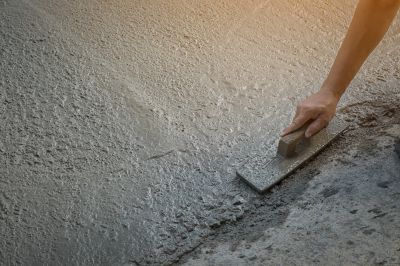
Timing repairs when soil moisture is balanced ensures better foundation stability.
| Season | Advantages |
|---|---|
| Spring | Moderate temperatures, optimal soil moisture, good for curing |
| Fall | Cooler weather, stable soil conditions, reduced delays |
| Summer | Potential for high temperatures, risk of rapid drying |
| Winter | Cold temperatures can hinder curing, risk of freezing |
Foundation repairs are critical for maintaining the structural integrity of a building. Addressing issues promptly can prevent further damage and costly repairs. Proper timing ensures that repair materials set correctly and that the soil conditions support long-term stability. Understanding seasonal influences helps in planning repairs that are both effective and durable.
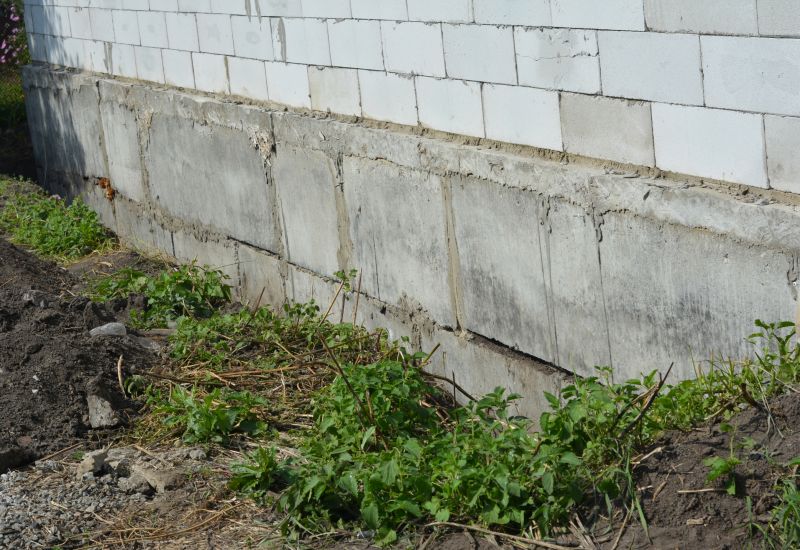
Visual overview of foundation stabilization techniques.
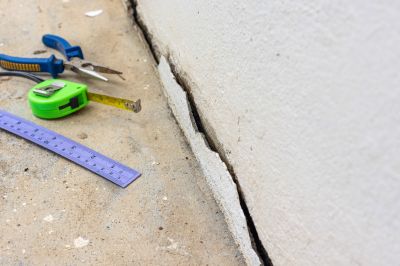
Common signs indicating the need for foundation repairs.
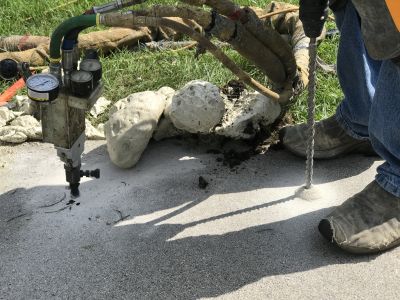
Tools and machinery used in foundation repair projects.
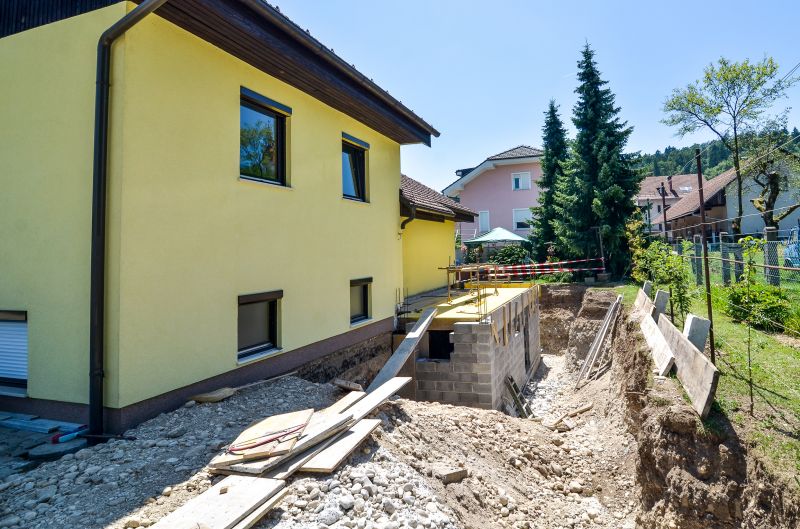
Before and after images showcasing successful repairs.
Timely foundation repairs contribute to the longevity and safety of a property. Scheduling these repairs during favorable weather conditions helps ensure the best possible results. If foundation issues are suspected, consulting professionals for an assessment can determine the optimal timing for repairs.
Interested in foundation repair services? Filling out the contact form provides a convenient way to get more information and schedule an assessment to address foundation concerns promptly.


